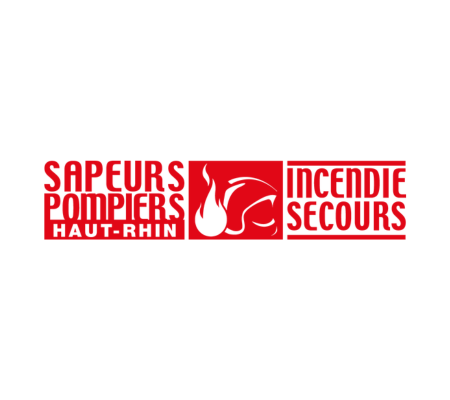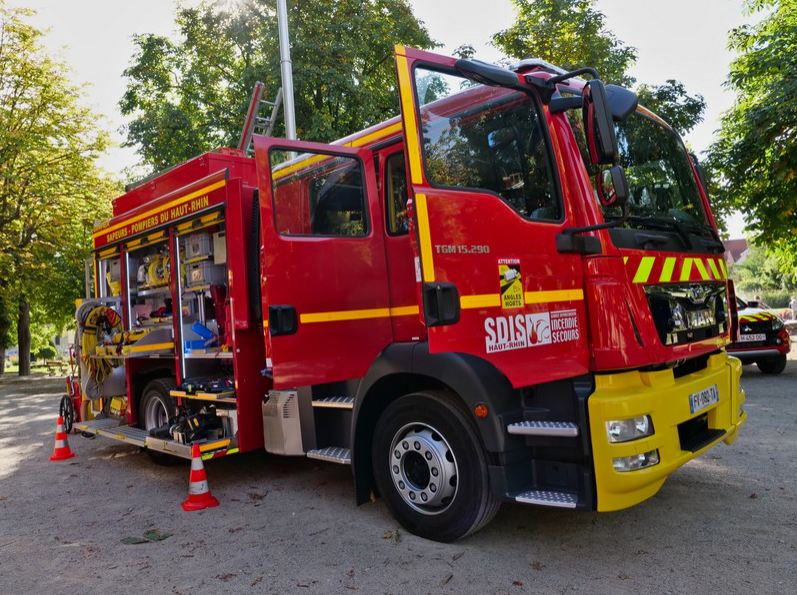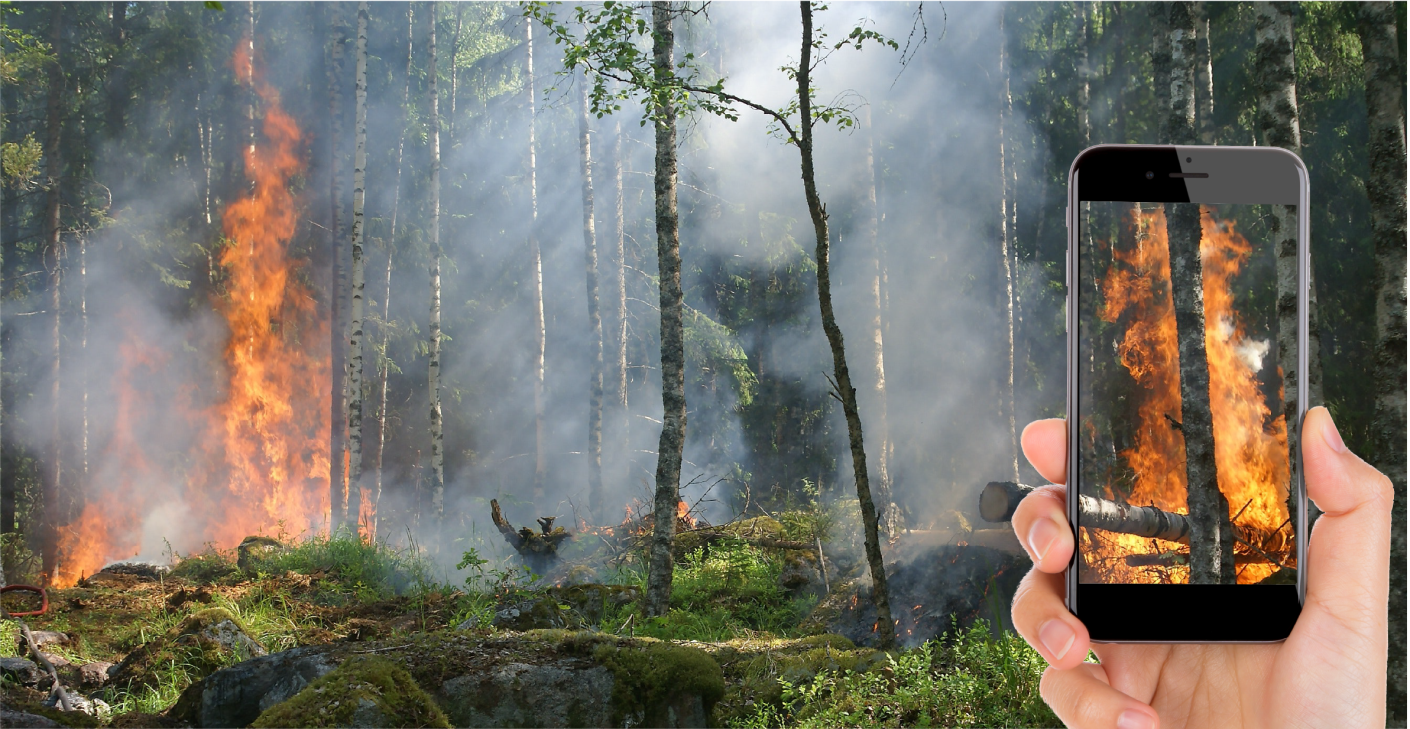How SIS 68 uses Apizee to see and better assess emergency situations
Find out how the SIS 68 optimizes emergency call handling and response with video communication.
Find out how the SIS 68 optimizes emergency call handling and response with video communication.

Haut-Rhin Fire and Rescue Service is in charge of prevention, protection and firefighting. It participates in the protection and the fight against accidents, disasters and catastrophes, in the evaluation and prevention of technological or natural risks as well as in emergency assistance.
For the execution of its missions, he counts on the CTA-CODIS. The Alert Processing Center (CTA) is in charge of receiving, authenticating and registering requests for assistance; engaging assistance; coordinating interventions and means. For serious events, the departmental fire and rescue operations center (CODIS) ensures follow-up and operational coordination.

The Alert Processing Center handles between 160,000 to 200,000 emergency calls each year. The Departmental Fire and Rescue Operations Center, for its part, monitors approximately 50,000 interventions annually. The callers, often stressed, find it difficult to clearly describe the situation that requires them to call 18. The SIS of Haut-Rhin wanted to set up a visual assistance solution that would allow operators to understand emergency situations more quickly and to adapt the means to be used.
The SIS of Haut-Rhin has chosen to equip the operators of the CTA-CODIS with the Apizee solution in order to be able to remotely visualize the situation on site.
During an emergency call, after the emergency services have been engaged, the operator can propose to the caller the implementation of a visual assistance session. If the request is accepted, the operator sends a quick invitation on the caller smartphone. A single click on the link received is enough to establish an audio and video communication.
Once the video call has started, the operator guides the caller to view the scene of the event. This way, it is possible to measure the magnitude of the event and better define the resources to be engaged. The operator can also advise the caller on how to get to safety, how to limit the effects of the disaster or how to provide first aid to victims.
The Apizee solution also offers the operator the possibility to take pictures remotely. Once the call is over, the operator can present the situation and share a decision with another person, such as the room manager. This allows the operator to obtain a second opinion and to validate the proposed adjustment of the resources at the beginning.
During a call for an apartment fire, the Apizee solution was implemented after the initial involvement of the emergency services. The images showed the virulence of the fire and the existence of several axes of propagation in a historic neighborhood. The initial resources could be reinforced before the arrival of the emergency services, which saved a lot of time for the rest of the operations.
Fabrice Weber
Chief Warrant Officer
The solution can also be used to connect field personnel with a specialist in the back office to provide additional expertise. Visual assistance is useful for proposing, remotely, the implementation of a technical action that could solve a problem in the chemical risk field, for example.

Explore key findings from the Genesys State of Customer Experience report. Learn how AI, omnichannel strategies, and video chat are transforming CX and enhancing customer satisf...
The State of Customer Experience report by Genesys : Key Insights and Trends
27 Mar 2025
Despite AI and automation, customers still prefer to speak to a human for support. Discover why human interaction remains essential for great customer service.
Why Customers Still Want to Speak to a Human in Customer Service
17 Mar 2025
Discover the top customer experience influencers in Europe, shaping the future of CX and customer service.
Top 100 Customer Experience Influencers to follow
10 Mar 2025
Interested in our solutions?